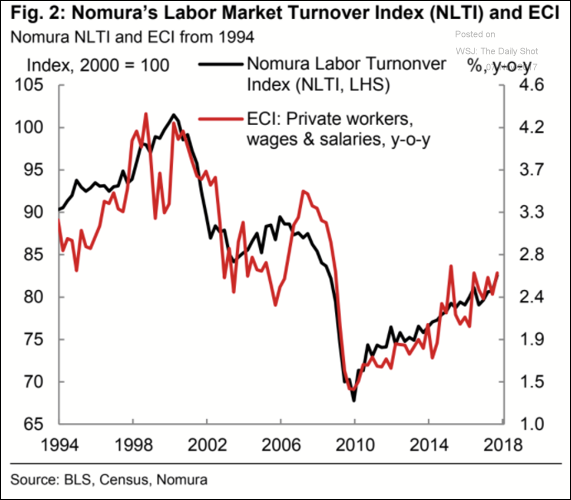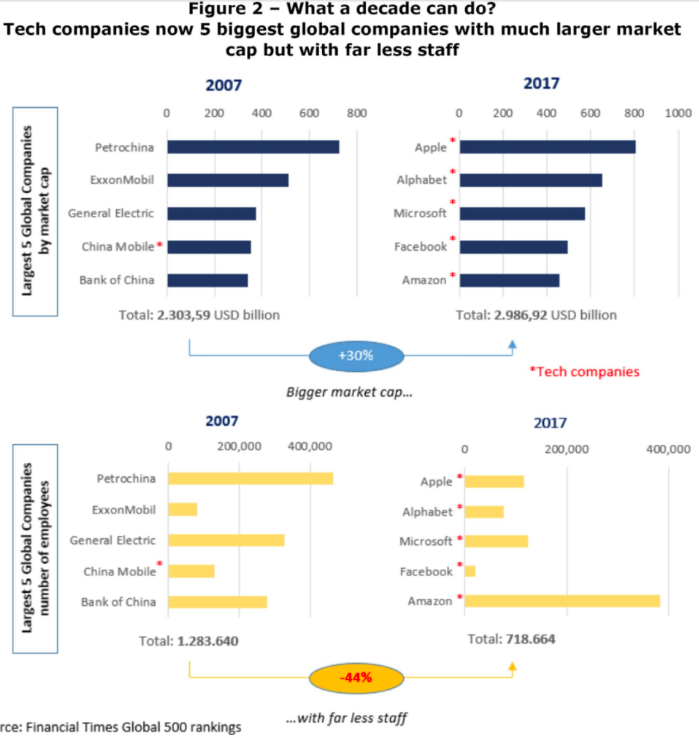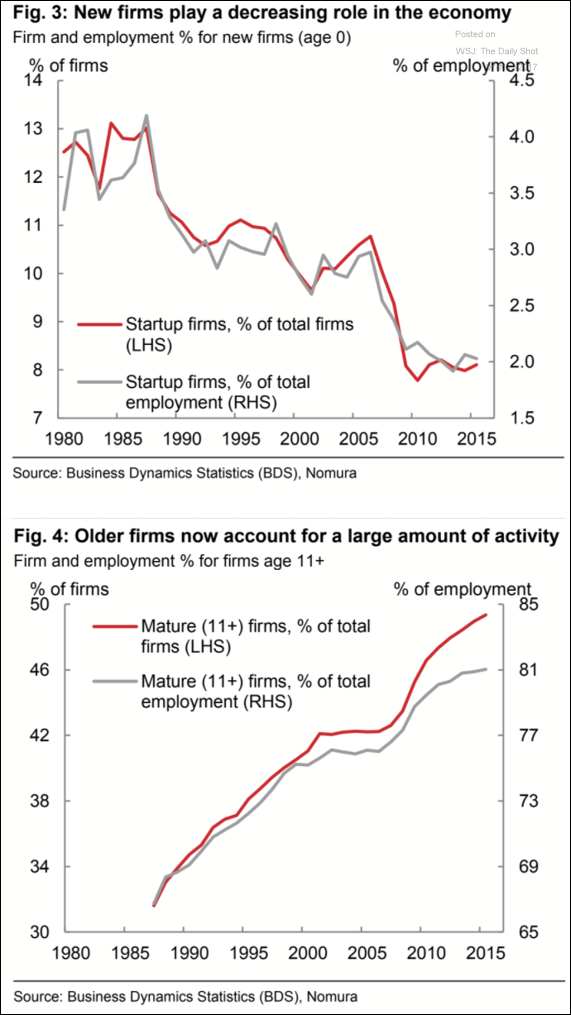Restaurants (Short Kitchens, Long Bikes)
Options abound for food these days - particularly if you live in an urban area. You can get your food sent to you in kits (Hello Fresh and Blue Apron), as groceries (Amazon Fresh, Fresh Direct) or from restaurants via the gazillion delivery services that are duking it out with one another AND capitalizing upon the rise in co-cooking kitchens (Caviar, Postmates, Grubhub and UberEats). We could fill 6 minutes of a$$-kicking reading just by continuing the list.
Here's the thing: much like the consumer products e-commerce space - where shipping is cutting into retail margins bigly - food delivery is killing your favorite restaurant. Why? Well, Captain Obvious, there are too many hands in the pot. As The New Yorker highlights (must read), "over-all profit margin has shrunk by a third, and that the only obvious contributing factor is the shift toward delivery." Ruh roh.
The piece is shocking in how ignorant every seems to be about the effect of delivery services on restaurant margins. This bit also struck us, "It’s worth noting that, even while charging restaurants steep rates, most delivery platforms are not yet profitable, either. Their hope is that order volumes will one day become high enough—and couriers will deliver enough orders per hour—to push them into the black." The alleged answer? A kitchen within a kitchen. Uber "is nudging restaurants to embed “virtual restaurants” inside their kitchens—picture a burger joint housing, at Uber Eats’s behest, a cookie company that exists only as a menu on the delivery provider’s site. DoorDash, an Uber Eats competitor, has started to experiment with leasing remote kitchen space to restaurants so that they can expand their delivery radii. If such practices catch on, it’s easy to imagine a segment of the restaurant economy that looks a lot like, well, Uber, with an army of individual restaurants designed to serve the needs of middle-man platforms but struggling to make a living themselves." This is "progress" folks.




